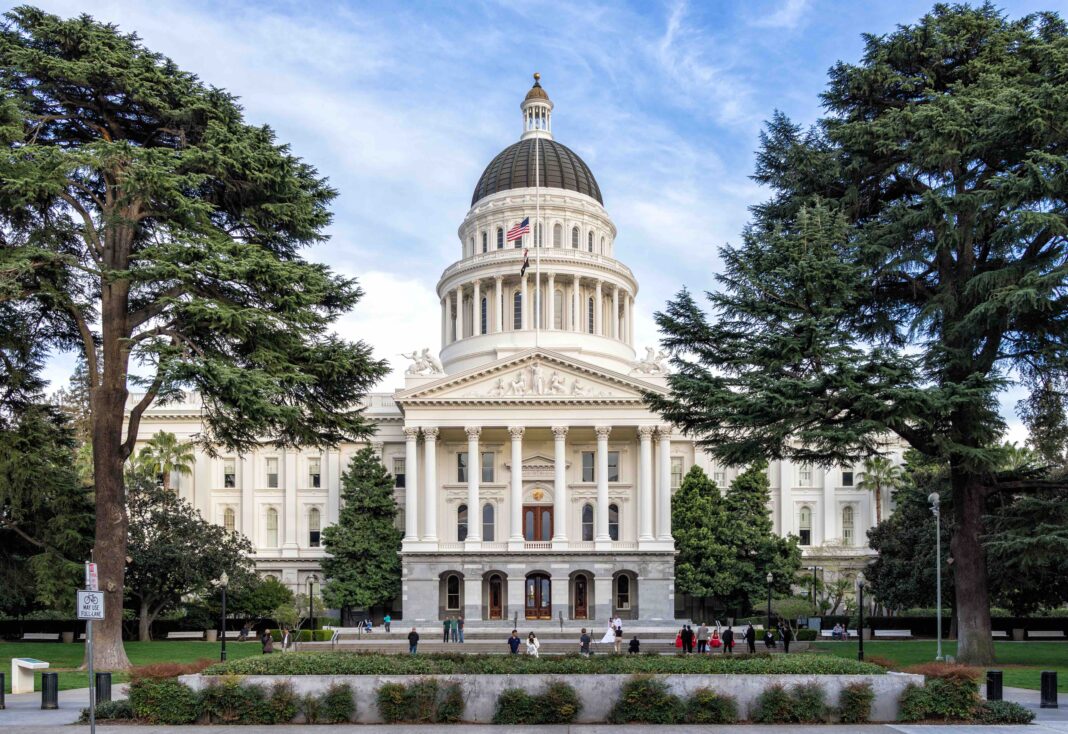By Eli Walsh, Bay City News Service
Gov. Gavin Newsom and the leaders of the state Senate and Assembly announced an agreement Wednesday on a package of financial relief programs, including $600 payments to the state’s low-income taxpayers.
Newsom, Assembly Speaker Anthony Rendon, D-Los Angeles, and Senate President Pro Tem Toni Atkins, D-San Diego, jointly announced the legislative package, which state legislators are expected to consider in the coming days.
The package is headlined by the payments that Newsom has dubbed the “Golden State Stimulus” and would benefit households that received a state earned-income tax credit for 2020 and taxpayers that have Individual Taxpayer Identification Numbers.
Also eligible for the $600 payments are households that are enrolled in several state programs including CalWORKS, Supplemental Security Income, State Supplementary Payment and the Cash Assistance Program for Immigrants.
Residents with an annual income of $30,000 or less are eligible for the tax credit, while ITIN taxpayers include people like undocumented residents who were not eligible for federal stimulus payments.
“As we continue to fight the pandemic and recover, I’m grateful for the legislature’s partnership to provide urgent relief and support for California families and small businesses where it’s needed most,” Newsom said in a statement.
Newsom called for a similar funding package as well as immediate funding to reopen schools and an extension of the state’s moratorium on pandemic-related evictions last month while unveiling his initial budget proposal for the coming fiscal year.
So far, state legislators have taken up those proposals in pieces, first focusing on extending the eviction moratorium through June 30. Newsom said state officials continue to hash out the details of funding for school reopenings.
The package also includes more than $2 billion in grants of up to $25,000 for small businesses and cultural institutions affected by the pandemic and two-year fee waivers for more than 650,000 restaurants and barbering and cosmetology individuals and businesses.
State-subsidized child care and preschool providers would receive $525 stipends per enrolled child via the legislative package, which would also extend child care for essential workers through June of next year.
The legislation would provide $24 million in funding for the state’s Housing for the Harvest program, which supports agricultural workers affected by the coronavirus, and $35 million for food banks and diapers for low-income families.
Qualifying students taking at least six or more units would have access to an additional $100 million in emergency financial aid through the funding package, according to state officials.
The state would also provide some $6 million for outreach efforts for state school and community college students that are newly eligible for the CalFresh food assistance program and $12 million for associated local administration.
“From child care, relief for small business owners, direct cash support to individuals, financial aid for community college students and more, these actions are critical for millions of Californians who embody the resilience of the California spirit,” Newsom said.









